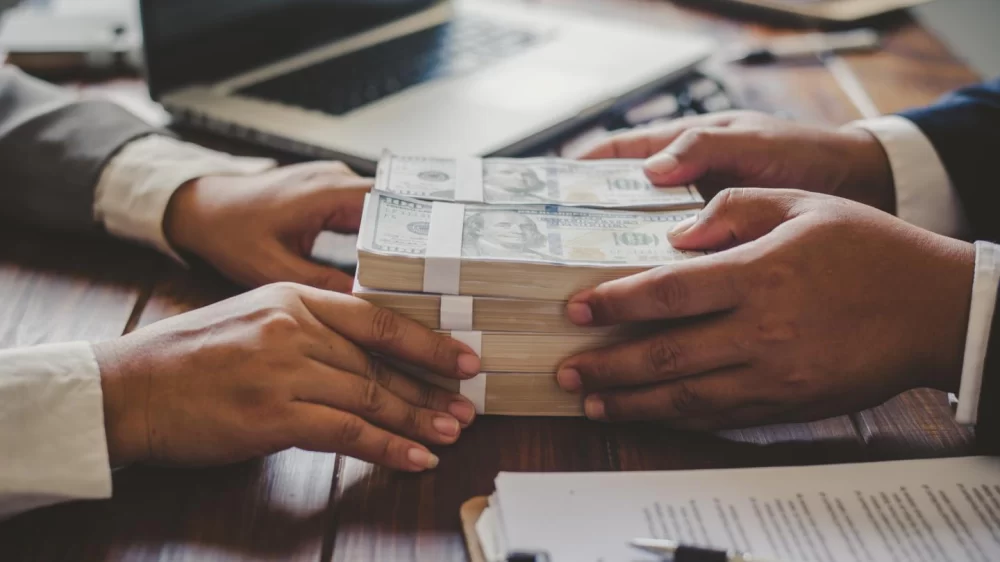
- Understanding Legal Remedies for Unpaid Invoices
- Key Legal Options to Recover Unpaid Invoices
- Case Study: Business Success in Invoice Collection
- Best Practices for Preventing Invoice Nonpayment
- How ESPLawyers Can Assist in Payment Enforcement
1. Understanding Legal Remedies for Unpaid Invoices
For many businesses, unpaid invoices represent a significant challenge that can disrupt cash flow and overall financial stability. When informal reminders and negotiations fail, knowing the available legal remedies for unpaid invoices becomes essential. These remedies offer structured approaches to enforce payment and recover debts owed to a company.
Legal remedies for unpaid invoices typically range from formal demand letters to court actions and alternative dispute resolution methods. They provide businesses with a framework not only to assert their right to payment but also to protect their commercial relationships whenever possible. Understanding these options in detail can help business owners make informed decisions about when and how to escalate their efforts.
1.1 The Importance of Timely Action
Taking swift action upon discovering an unpaid invoice is critical. Delays can reduce the chances of recovery and complicate the legal process. Many jurisdictions have statutes of limitation that limit how long a creditor can pursue legal action, making timely intervention a vital first step.
1.2 Common Reasons for Invoice Nonpayment
Before exploring remedies, it’s important to understand why invoices go unpaid. Common reasons include cash flow problems on the debtor’s side, disputes over the quality or delivery of goods/services, or simple oversight. Identifying the root cause can inform the most effective approach, whether it be negotiation or legal enforcement.
2. Key Legal Options to Recover Unpaid Invoices
When attempts at amicable resolution fall short, businesses must explore concrete legal solutions. These remedies are designed to compel payment and protect business interests. The main legal tools include:
2.1 Sending a Formal Demand Letter
A formal demand letter, often drafted by a lawyer, signals serious intent to pursue legal action if payment is not made promptly. It serves as both a final warning and documentation of efforts to recover the debt outside of court. This step sometimes prompts debtors to pay without further dispute.
2.2 Filing a Claim in Small Claims or Civil Court
For smaller debts, small claims court is a cost-effective and faster option to enforce payment. Larger amounts may require a civil lawsuit. Both avenues allow businesses to seek a court judgment that legally obligates the debtor to pay. The judgment can be enforced through various means such as wage garnishment or asset seizure.
2.3 Utilizing Mediation and Arbitration
Alternative dispute resolution (ADR) methods like mediation and arbitration provide a less adversarial and often quicker resolution path. These approaches can preserve business relationships by facilitating negotiated settlements with the help of a neutral third party.
2.4 Securing a Mechanic’s or Lien Rights
In certain industries, businesses can place liens on property or goods related to the unpaid invoice. For example, contractors might file mechanic’s liens on construction projects. This legal claim can pressure debtors to resolve outstanding payments to clear encumbrances on their property.
3. Case Study: Business Success in Invoice Collection
Consider a mid-sized supplier that faced persistent unpaid invoices from a major client. After multiple informal reminders yielded no result, they turned to a legal demand letter drafted by ESPLawyers. The letter clearly outlined the legal consequences of nonpayment, including potential court action.
The client promptly responded, and within two weeks, settled the outstanding balance in full. This case highlights how professional legal intervention can turn around difficult payment disputes effectively without escalating to litigation, saving time and costs.
3.1 Lessons Learned
This example underscores the value of precise, well-timed legal communication. It also illustrates how involving knowledgeable legal advisors can boost confidence and improve outcomes when pursuing unpaid invoices.
4. Best Practices for Preventing Invoice Nonpayment
While legal remedies are essential, prevention remains the best strategy. Implementing the following measures can reduce the risk of unpaid invoices:
4.1 Clear Contractual Agreements
Ensure contracts explicitly state payment terms, deadlines, penalties for late payments, and dispute resolution procedures. Clear documentation minimizes misunderstandings and provides a solid foundation for legal remedies if needed.
4.2 Effective Invoicing Procedures
Timely, accurate, and detailed invoices facilitate smooth payment processes. Automated reminders and follow-ups help keep invoices top-of-mind for clients.
4.3 Credit Checks and Client Vetting
Evaluating the financial health and payment history of new clients can prevent future issues. Establishing credit limits or requiring deposits can also safeguard against losses.
5. How ESPLawyers Can Assist in Payment Enforcement
At ESPLawyers, we specialize in helping businesses navigate the complex landscape of debt recovery and invoice dispute resolution. Our experienced legal team offers tailored solutions to enforce payment efficiently and professionally.
Whether it’s drafting precise demand letters, representing clients in court, or facilitating alternative dispute resolution, ESPLawyers provides comprehensive support designed to protect your cash flow and business reputation. We also advise on preventative measures to strengthen your payment processes and reduce the risk of future nonpayment.
Contact ESPLawyers to explore how we can help you recover unpaid invoices with the right legal strategies that fit your unique business needs.








